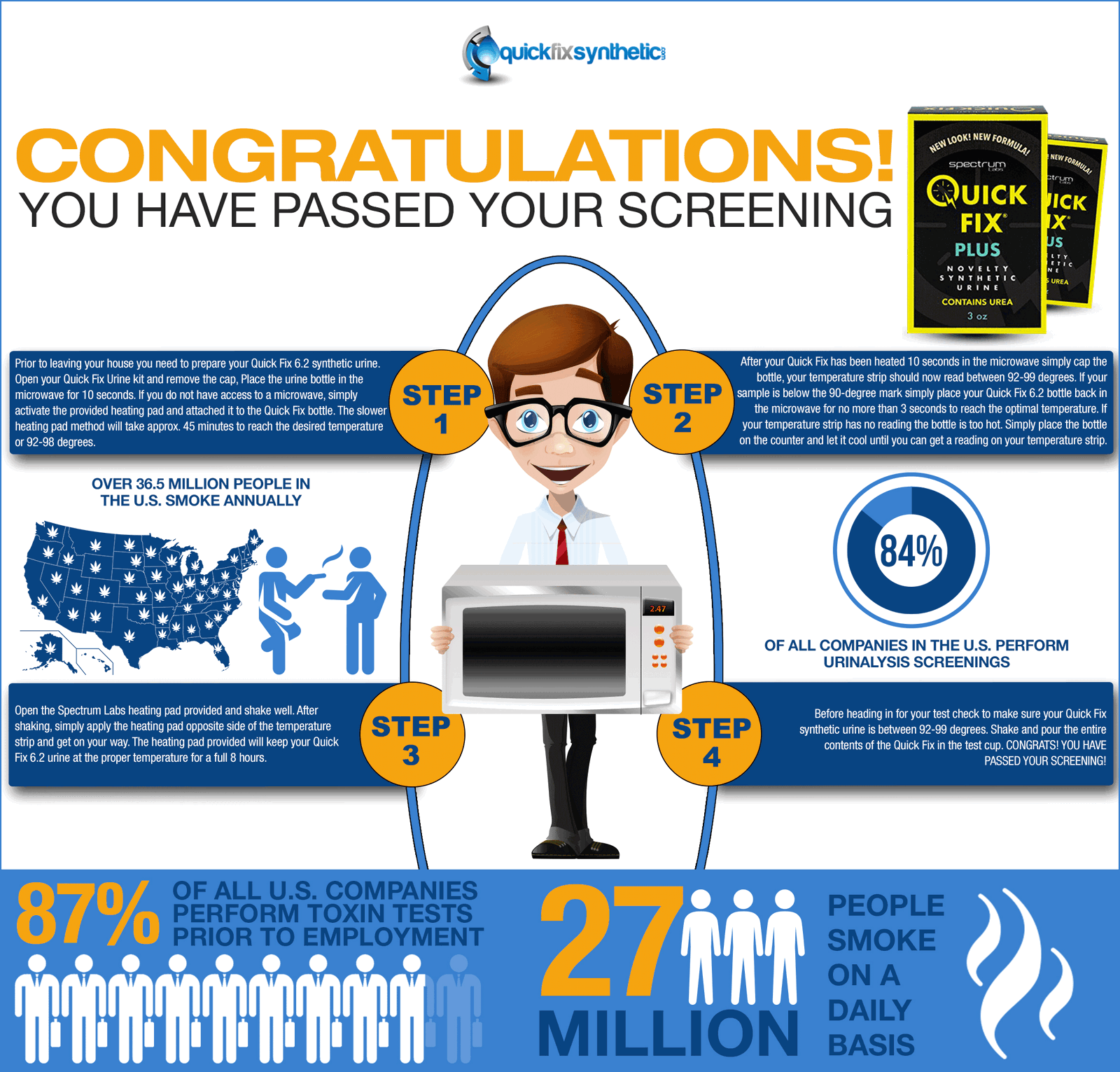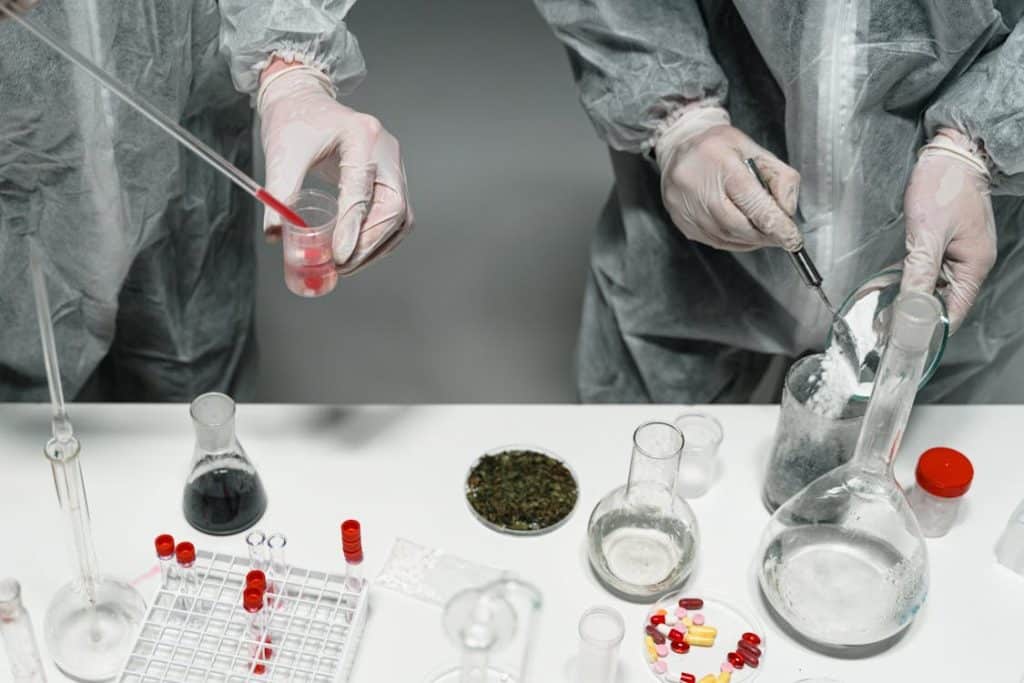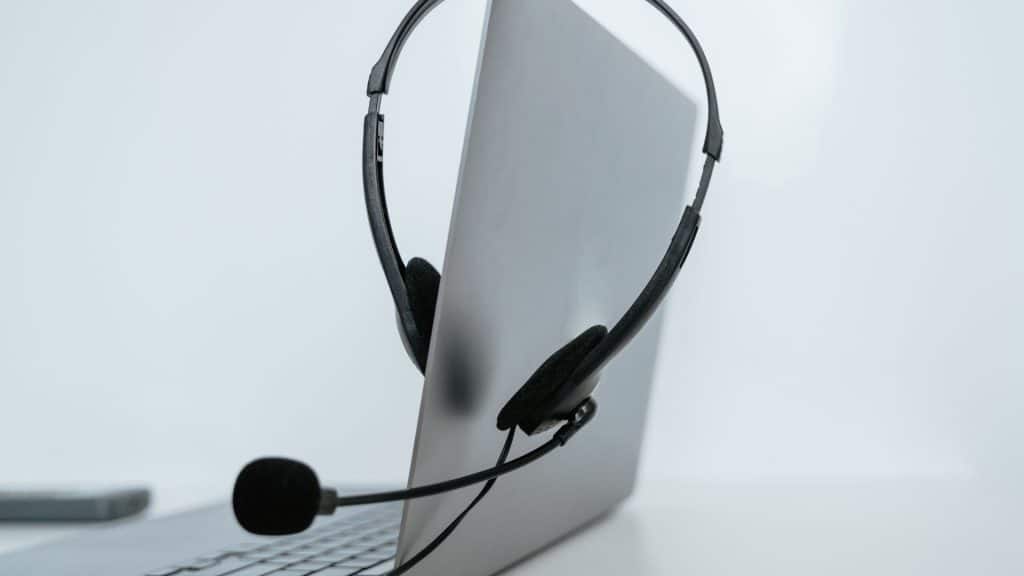Preparing for a drug test involves choosing between long-term wellness practices and immediate strategies. While short-term solutions may offer quick results, long-term habits promote better overall health and reduce stress during these situations. This article explores both approaches, emphasizing ethical choices and effective preparation.
Why Drug Tests Are Conducted
Drug tests serve a variety of purposes across different environments, ensuring safety, compliance, and accountability. Understanding why they are conducted and what they screen for can help individuals prepare responsibly.
Why You Might Be Tested
Employers often require drug testing during the hiring process or periodically for current employees, especially in industries like healthcare, transportation, or construction, where safety is critical. These tests help maintain a secure and productive workplace while reducing liability risks.
Courts may mandate drug tests for individuals involved in legal matters, such as probation or custody cases, to ensure compliance with laws or rehabilitation programs. In sports, testing helps detect performance-enhancing drugs and maintain fair competition, protecting both athletes and the integrity of the sport.
Medical professionals may request drug tests to monitor prescription drug use, identify potential substance misuse, or confirm a diagnosis for effective treatment. Schools may also implement testing policies to discourage substance use among students.
Long-Term Wellness Strategies
Building a strong foundation for your body’s natural detoxification processes ensures you stay ready for any test. These strategies focus on enhancing your overall health, which, in turn, aids your body in processing and eliminating unwanted substances effectively.
Stay Hydrated
Hydration is one of the simplest yet most powerful tools for detoxification. Drinking plenty of water supports kidney function and flushes out toxins through urine. Herbal teas and electrolyte-rich beverages can complement your hydration routine without overloading your system. Avoid overhydration, as it may dilute your sample and raise suspicion.
Adopt a Detox-Friendly Diet
Eating a clean, nutrient-rich diet benefits your body’s detox pathways. Incorporate foods like leafy greens, citrus fruits, berries, and whole grains. These options are rich in antioxidants, vitamins, and fiber, which help your digestive system eliminate waste effectively. Avoid processed foods and excess sugar, which can hinder your body’s ability to detox.
Exercise Regularly
Physical activity boosts circulation and supports your metabolism, helping your body process substances more efficiently. Engaging in regular workouts, such as jogging, yoga, or resistance training, promotes sweating, which helps eliminate toxins through the skin. Exercise also reduces stress, which plays a role in maintaining overall wellness.
Get Quality Sleep
Sleep is essential for your body to repair itself and manage internal waste. Aim for 7-9 hours of uninterrupted sleep per night. A consistent sleep schedule and a relaxing nighttime routine can optimize your rest, enhancing your body’s ability to recover and cleanse itself.
Limit Substance Use
For long-term readiness, reduce or avoid using substances that could compromise a test. This includes not only recreational drugs but also alcohol and tobacco. Limiting exposure ensures your system stays clear, minimizing concerns about detox before a test.
Short-Term Strategies for Immediate Results

Short-term methods address immediate needs when a drug test is imminent. These strategies can provide a temporary solution but may not align with long-term health goals.
Detox Products
Several detox drinks and kits claim to expedite the body’s cleansing process. While some people find these effective, their results depend on timing and body chemistry. Choose products carefully, prioritizing reputable brands to avoid ineffective or harmful options.
Artificial Urine
Some people resort to using the best fake pee products when they feel unprepared for a test. These products replicate the chemical properties of real urine, making them a potential option for unsupervised tests. While they might be effective in certain cases, ethical considerations and the risk of detection make this approach highly controversial.
Specialized Tools
The Quick Fix Pro Belt is another option marketed for test preparation. This discreet system allows users to deliver synthetic urine during a test. While it appeals to those seeking a short-term fix, it carries potential consequences if discovered during testing procedures.
Prioritizing Ethics and Wellness
Choosing the right approach depends on individual circumstances. While short-term strategies might seem appealing in high-pressure moments, they often come with risks. Detection of artificial urine or similar tools can have severe consequences, including job loss or damaged trust.
Long-term wellness strategies not only help in passing a drug test but also contribute to better physical and mental health. These habits ensure your body operates at peak performance, giving you confidence in your test results without needing quick fixes.
Maintaining Balance
Sustainable health practices serve as a reliable foundation for life’s challenges, including drug tests. Incorporating healthy habits, such as hydration, balanced nutrition, and regular exercise, strengthens your body’s natural defenses. Short-term solutions may have their place, but relying on them frequently can create unnecessary stress.
Passing a drug test involves more than just preparation it’s about making choices that align with your health and values. With a focus on wellness, you can approach these situations confidently and ethically, knowing you’ve prioritized your well-being above all else.





















